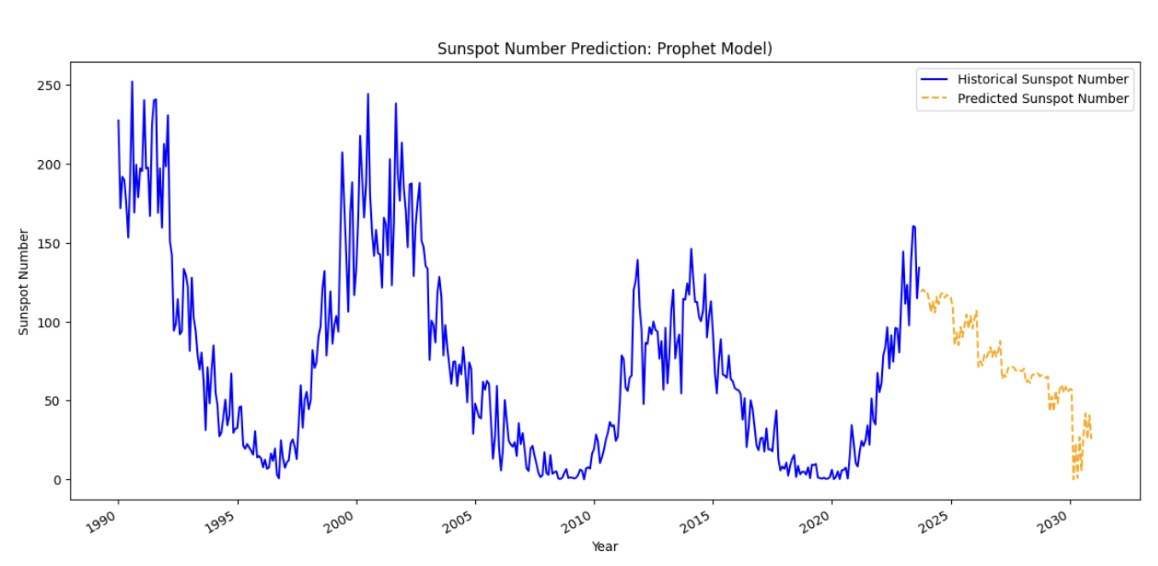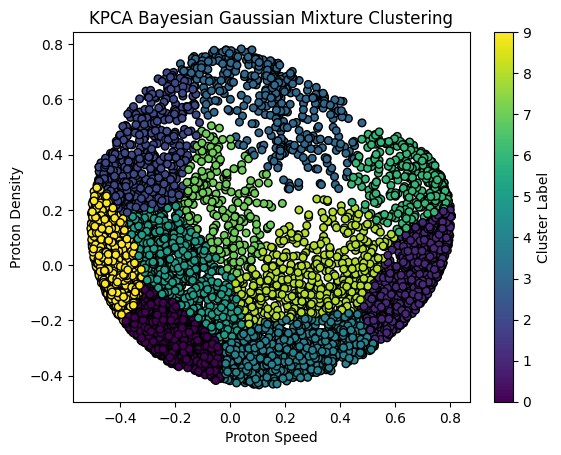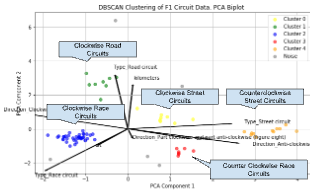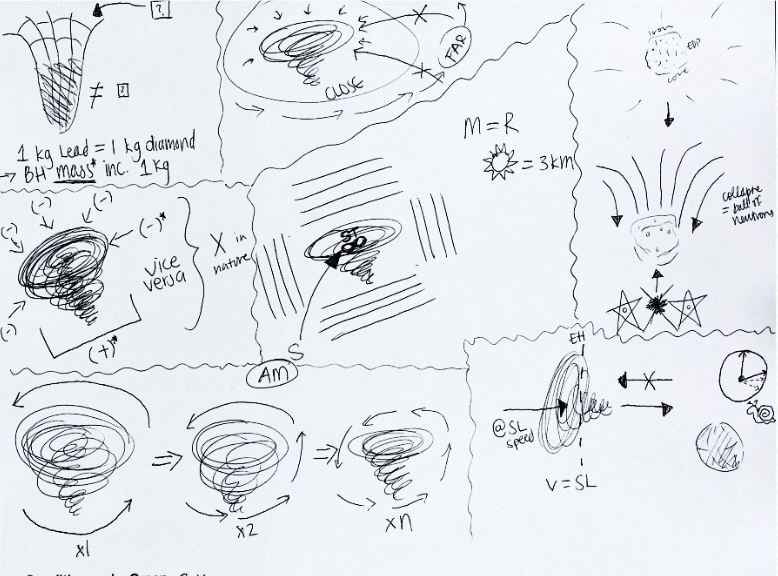
Hello! I’m Sarah, a quantitative data analytics specialist with a passion for learning and a desire to solve technical problems.
My professional journey bridges neuroscience and data science, combining a BS in Cognitive Neuroscience with an MS in Applied Data Science. This interdisciplinary foundation enables me to approach complex systems with both scientific rigor and innovative problem-solving.
My career spans academic research, manufacturing automation, and AI model development. I specialize in building robust data pipelines and analytics frameworks that drive decision-making and accelerate technological advancement.
Let’s connect if you’re interested in the intersection of data science, AI, and cognitive systems.
Selected projects
-

Predicting Sunspot Activity with Machine Learning
This project leverages ensemble and deep learning models to forecast sunspots and Heliospheric Current Sheet (HCS) indexes, enhancing the prediction of solar wind structures.
Technologies used: ARIMA, Seasonal naïve, LTSM, Prophet, AR-Net, Extra Tree
-

Tracing the Origins of Solar Wind with Machine Learning
This project uses in-situ measurements and unsupervised learning to cluster solar wind with similar properties and map it to its coronal origins, aiming to enhance predictions of heliospheric phenomena through machine learning.
Technologies used: Unsupervised Learning, PCA, t-SNE, DBSCAN
-

Predicting Top 10 Formula 1 Finishes and Clustering Race Tracks
This project applies supervised learning to predict top 10 race finishes, pinpointing key factors that influence these outcomes. Additionally, it employs unsupervised learning to cluster race tracks based on characteristics like layout and surface, offering novel insights into racing strategies and optimizing performance.
Technologies used: Random Forest, Logistic Regression, Neural Networks, DBSCAN
-

Draw to Learn: A Strategy to Learn Abstract Concepts
This project examines the effectiveness of student-generated drawings in learning abstract science concepts. By comparing various visualization strategies and important covariates in a lab setting, we explore how different methods impact retention and understanding of complex topics like black holes.
Technologies used: Experimental Design, Multivariate Analysis, General Linear Models
News
| Sep 04, 2024 | Starting my new role at NVIDIA working on data engineering and analytics pipelines! |
|---|
Latest blog posts
| Jul 22, 2024 | Exploring Breaking Bad Relations |
|---|---|
| Jun 28, 2024 | Unraveling Complexity: Network Science Applied to Star Wars Films |